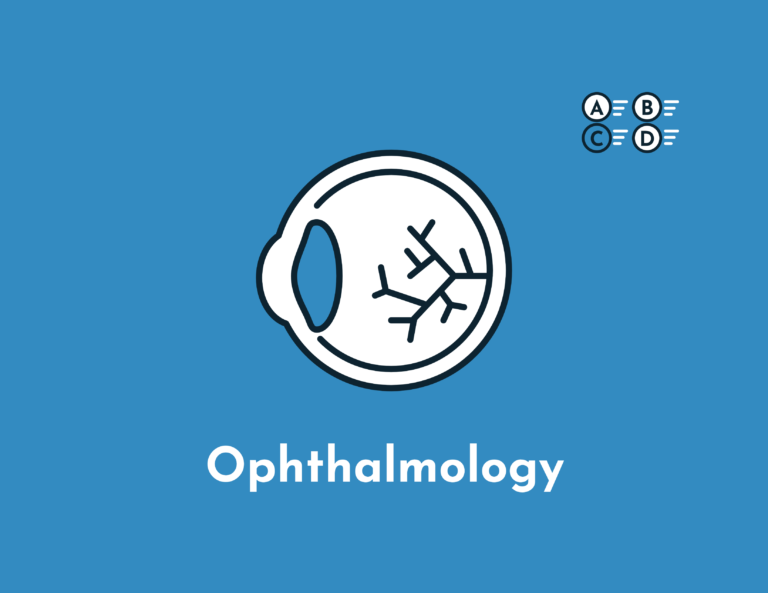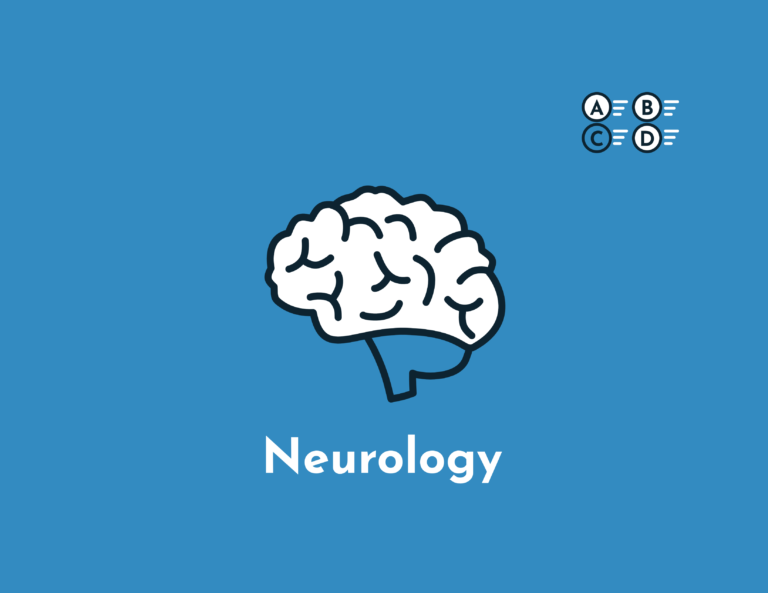

Large for Gestational Age
Overview Large for gestational age (LGA) refers to a neonate born with a birth weight exceeding 90th centile for gestational age. Risk factors Complications Treatment is according to complications met.
Small for Gestational Age
Overview Small for gestational age (SGA) is when a neonate is born weighing less than is expected for their gestational age and is defined as having a birth weight less than the 10th percentile for gestational age. Classification of SGA Classification Description Symmetrical…
Prematurity
Overview Birth before 37 completed weeks gestation. Classification of prematurity Predisposing Factors Clinical Presentation Gestational age is best approximated using the New Ballard Score. Complications Management Antenatal care Immediate post-natal care If the baby is large premature (> 2 kg) with no…


ON THE WARD: THOUGHTS ON FEAR AND GROWTH
Can I tell you a secret? During my junior clerkship, * my stethoscope was always stuffed into my lab coat pocket, out of sight. I never, not ever, wore it around my neck when I was in the ward. I…
